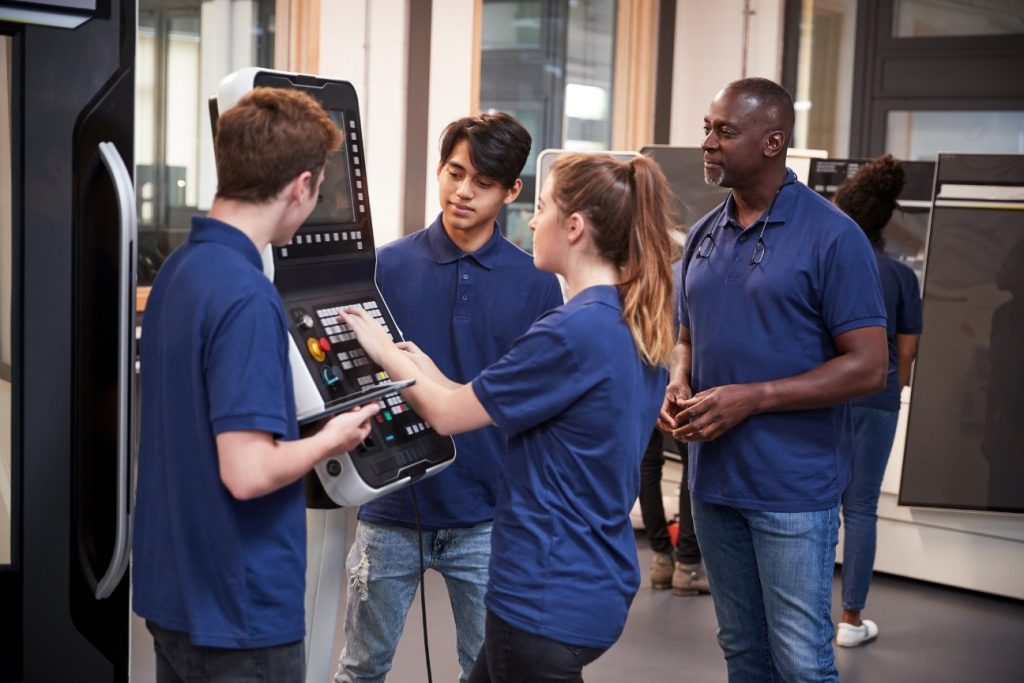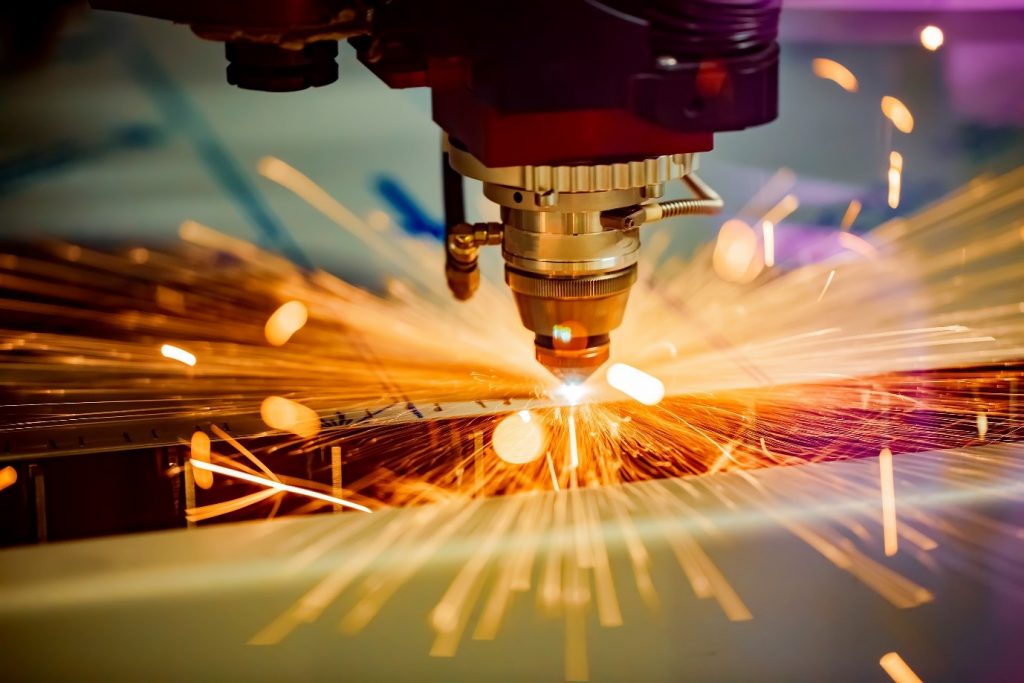The 5 Biggest Manufacturing Challenges
Manufacturing businesses across the world face a number of challenges on a day to day basis, so it’s important that anyone who works within the sector is extremely flexible and adaptable. Whilst there are some more obvious challenges faced by manufacturers in the UK, such as the impact of Brexit on the sector and addressing the ever-increasing skills gap, there are a whole host of other challenges that are not as well documented.
In this article, we take a look at some of the biggest challenges facing the manufacturing industry in 2020, delving deeper into the issues and what can be done to remedy them.
Gender Gap
In 2017, just 15.1% of the UK engineering undergraduates were women – this figure sits significantly lower than other countries, with India having double the number of women studying engineering at university.
There are even more worrying stats when we take a look at the number of women actually working in engineering roles, with just 11% of the UK’s engineering force being female. Whilst there has been positive movement in terms of more women beginning to filter through into engineering jobs in recent years, more needs to be done by companies across the UK, along with the Government.
Whilst there is no simple way to ensure that the gender gap is filled in the short-term, it’s fair to say that more long-term initiatives must be considered to ensure that more women begin filtering into engineering-related roles. Education on engineering roles needs to be introduced at a much younger age, and whilst Governments could ensure this happens, it’s also important for manufacturing governing bodies and companies to raise awareness of the industry to all children, paying particular attention to girls.
Worker Safety
Ensuring that your workers are always safe whilst working within your business is of paramount importance. Although manufacturing businesses across the UK invest large sums of money into extensive training courses and ensuring the right types of equipment are available to employees, there are still a small number of accidents that happen each year.
Whilst there is always the danger of accidents occurring in the workplace, especially in a manufacturing setting; things can be done to minimise the risk of accidents.
By ensuring your employees are all fully trained in line with current health and safety best practices, and they have all of the latest safety equipment available to them at all times, you can rest assured that you are doing all you can to keep your workforce safe.
Skills Shortage
Much has been made of the skills shortage within the manufacturing industry over the last few years, and whilst steps have been made in trying to close the skills gap, more must be done. The Government have placed emphasis on ensuring manufacturing businesses do make use of apprenticeships to upskill young workers, which will certainly help in the long-term. Although it’s worth noting that in the short-term, there are not many quick fixes on the horizon, so it’s well worth investing in your current workforce and looking to upskill any workers who are keen to progress further within your company.
It’s also worth noting that the UK has already started to lose highly skilled workers due to Brexit and will continue to do so over the coming years, making it imperative that more is done to fill the skills gap as soon as possible.
Integrating Industry 4.0 Into Work Processes
It cannot be understated just how important Industry 4.0 is to the future of manufacturing, and for that reason manufacturers across the globe simply must begin incorporating smart technologies into their manufacturing processes as soon as possible.
Whilst some businesses simply cannot afford the initial expenditure required to properly implement Industry 4.0 technologies, there are a large number of businesses who are simply reluctant to invest.
There are a whole host of benefits that Industry 4.0 can bring to a manufacturing business, from cost reductions right through to increased efficiency and productivity throughout the workforce. To ensure the manufacturing industry takes steps to ensure its long-term future, Governments must look at finding ways to help companies who cannot afford to invest Industry 4.0 technologies to ensure the entire sector is propelled to new heights.
Brexit
Brexit has been looming over the UK for the past few years, and whilst we are still relatively in the dark as to when the UK will actually leave the European Union, there is no doubt it will have a huge effect on the manufacturing industry when we do. It remains to be seen exactly how Brexit will affect manufacturing firms, with very little solid information available at this present moment.
Whilst there isn’t a whole lot your business can do, it’s absolutely vital that your business does take steps to ensure you are as prepared for Brexit as you possibly can be. Whether that means stockpiling materials that may become difficult to purchase in the months following Brexit or ensuring that your workflow and distribution is unaffected by Brexit, be sure to put some precautions in place.
As expert spring suppliers, we always ensure we are keeping our finger on the pulse of the very latest manufacturing news. Be sure to check in on our blog regularly to receive the very latest news from the engineering and manufacturing industry.


